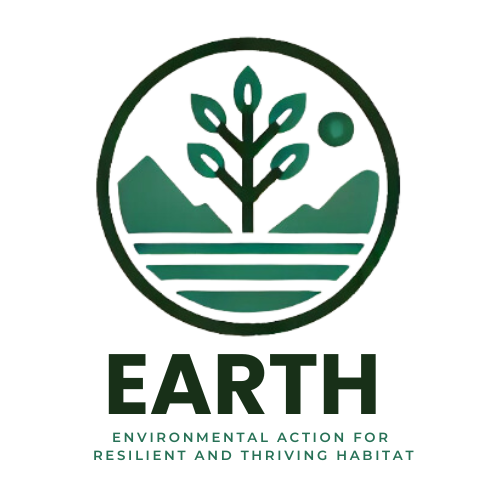- +252 612 072 940
- [email protected]
- Duceysane House, Trepiano, Waberi District, Mogadishu, Somalia
WATER
Securing Sustainable Water Resources
We focus on addressing water scarcity and unreliable rainfall through innovative water conservation and management solutions. Rainwater harvesting systems are constructed to collect and store water for domestic use, agriculture, and livestock. These systems provide communities with a reliable water source during dry seasons, reducing dependence on overexploited groundwater resources. Sustainable water access improves health, supports livelihoods, and builds resilience to climate-related challenges.
Traditional water catchment systems are rehabilitated to restore their functionality and ensure year-round water availability. These catchments capture surface water during rainy periods, benefiting households and agricultural activities. Communities actively participate in planning, implementation, and maintenance, ensuring these systems remain effective and sustainable. Reviving these techniques combines modern innovation with culturally relevant practices, strengthening community ownership and long-term impact.
Water conservation efforts directly enhance agricultural productivity and reduce waterborne diseases, improving overall community well-being. Reliable water access allows farmers to adopt sustainable agricultural practices that boost yields and preserve soil quality. Households benefit from reduced time spent sourcing water, enabling them to focus on other productive activities. These efforts contribute to food security, economic stability, and improved quality of life for vulnerable populations.
Partnerships amplify the impact of our water management initiatives. Collaborating with governments, NGOs, and technical experts ensures the successful design and implementation of sustainable solutions. Communities are equipped with the knowledge and tools needed to manage these resources effectively. Combining local engagement with expert input creates durable solutions that support both environmental conservation and human development, ensuring a resilient future for water-stressed regions.
